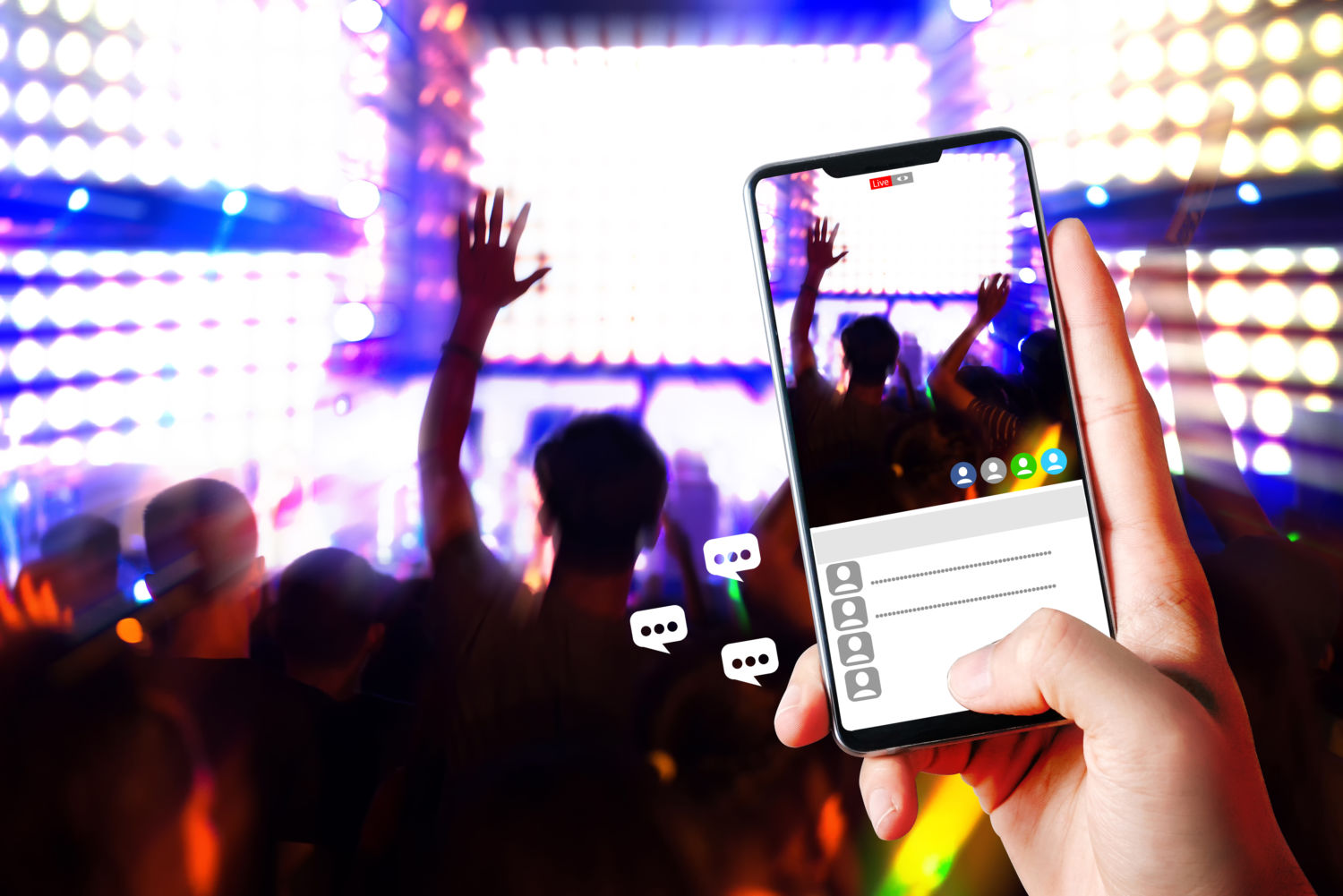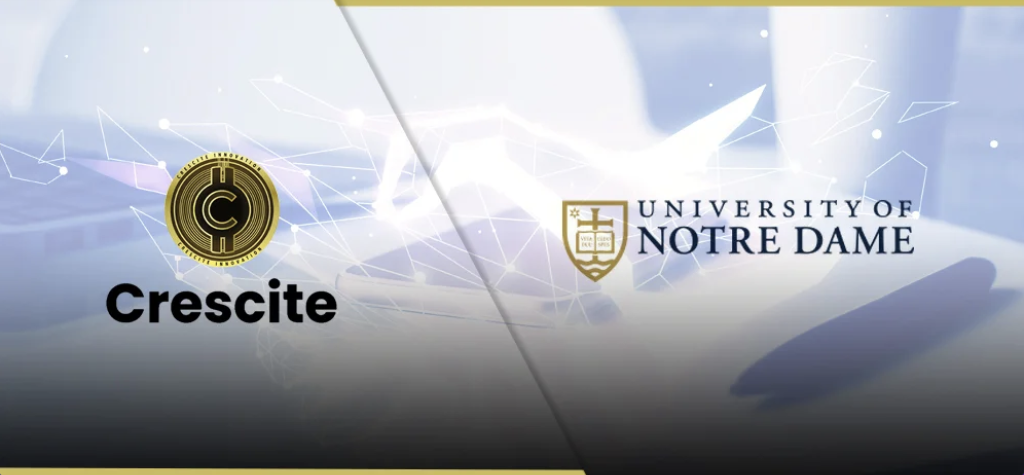St. Louis-based startup Tunespeak is a loyalty reward music platform which gives back to fans for promoting their music on social media. The Pernikoff brothers, Tom and Rick, are originally from St. Louis but moved to Silicon Valley where they got caught up in the startup scene. A passion for music brought them back to their hometown to start a rock band, but they struggled to get their work off the ground. This sparked an idea and they left the music scene to start Tunespeak, which is dedicated to helping bands connect with their fans and reach out to a wider audience. A band or artist connects with the startup to promote an upcoming tour or show and the site consequently reaches out to fans. These fans can earn points by sharing the information on social media and the more that friends go to the Tunespeak website, the more points they can accrue. These points can be exchanged for various prizes, such as merchandise or free tickets to a show. So far, the startup has worked with over 1,000 artists, from almost unknown bands playing in their garage to international stars such as Maroon 5, Kendrick Lamar and Kings of Leon. New music is promoted most effectively through word of mouth, reports Forbes magazine, because you trust that person more than a random Spotify algorithm or an 8tracks playlist. The idea with Tunespeak is that the more die-hard the fan, the more work they’ll do to promote their artists, whether it is for the pure love of the music or for the very real incentive of getting tickets to see their beloved artist perform. Ticket prices for music shows have gone up by 20 percent between 2010 andsays15, say music magazine The Fader. A ticket near the stage for a Taylor Swift show will set you back $385, and a VIP package can cost over $800. Most people assume that this is because of pirated music and streaming sites, which stop people buying records, but this is not the only reason. Australian online newspaper The New Daily says that one of the main reasons is that the shows themselves have changed, with a strong emphasis on the spectacular. Kanye West performed on a floating stage in his last show, and Beyonce has an electric runway and a swimming pool in Formation world tour. People’s expectations are much higher than the past, and this has been reflected in the price. Not only this, but ticket touts and resellers can add up to 20% to the price of a ticket, making them unaffordable for those fans with less disposable income. In fact, although piracy and streaming has completely changed the way music is bought and sold, it’s not all bad. According to Pew Research, artists and musicians are more likely to say the internet has made it easier for them to monetise their art than they are to say it has become harder to protect their work from piracy or unlawful use. The internet has allowed musicians from all walks of life to show their work to the world, and Tunespeak is helping this promotion. A London School of Economics Media Policy Project spoke to musicians, highlighting that those who aren’t in the top 10 focus much more on ticket sales and merchandise, which is extremely dependent on exposure. One of the musicians, who remained unnamed, was quoted in the study. “I have to think that the reason [audiences, especially teenagers] are listening is because they were easily able to check it out in the first place, not because of any marketing but because they heard about it from a friend who shared it with them,” the musician said. Tunespeak is using peer-to-peer promotion to boost ticket sales for musicians and allowing super fans to get to see their favourites live, even if they wouldn’t have been able to afford a ticket on their own. It also creates a stronger relationship between the music artist and the fan, as bands are able to connect directly with their biggest Tunespeak fans. Brand loyalty programmes are nothing new, and Tunespeak isn’t the first one to connect fans and musicians. Flowd is a social media page that allows bands and listeners to communicate, says music magazine Wired. Bands can create customised offers for their superfans, like rewarding them for checking in early by letting them watch the soundcheck, all in a simple format that “even the drummer can use.” Social media has taken over so many aspects of our day to day lives, and Tunespeak and Flowd are more examples of their power in sharing information and creating digital relationships.
St. Louis’ Tunespeak rewards fans for sharing music with free tickets
By Techli
2 abril, 2018









